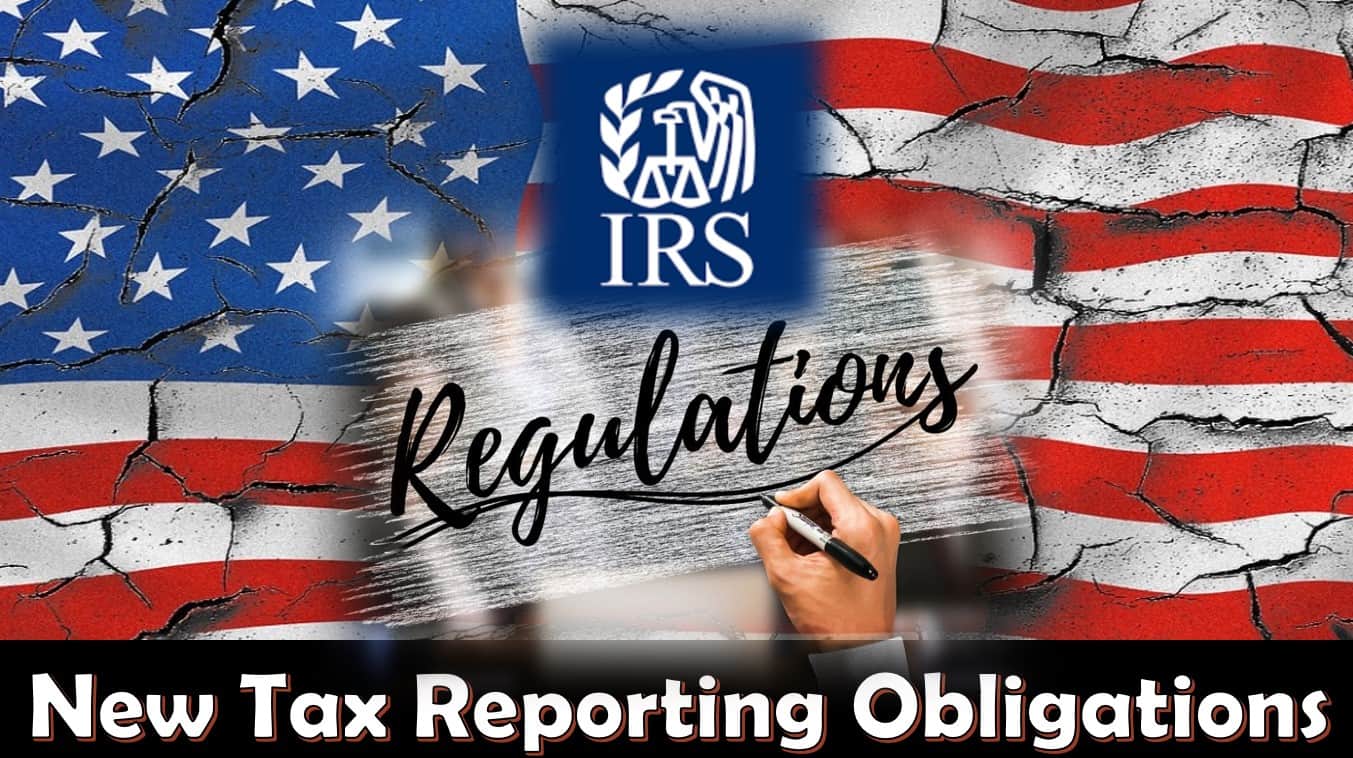
SEC Chairman Hopes For Tokenized Stocks
Last updated on November 1st, 2022 at 01:36 am
Now, the SEC is back in the cryptocurrency news. In a recent webinar, the chairman of the SEC, Jay Clayton, observed that all stocks have gone digital, unlike two decades ago when there were only stock certificates.
The webinar talked more about the things required to grow the blockchain and crypto industry. There were other notable participants in the webinar, including Brian Brooks, who is acting Comptroller of the Currency (OCC).
Clayton noted that the participation of top dogs from SEC and OCC shows the level of maturity and importance the crypto industry has received.
“It may very well be the case that those all become tokenized,” Clayton stated
More Optimism in Blockchain Industry
Both Brooks and Clayton said they welcome any form of growth and development in the cryptocurrency industry, but the regulatory rules should be in place to check bad players.
When asked about the sufficiency of the present regulatory framework, Clayton answered in the affirmative. He said the current regulatory framework is time tested, which has been so throughout several innovations.
The online conference is titled “Two Sides of the American Coin: Innovation & Regulation of Digital Assets,” as both major participants discussed extensively the innovation within the digital currency sector.
They were also keen to point out that the regulatory framework still needs to be improved upon to cater to future needs in the industry.
Regulatory Principles Started on Wrong Foot
Clayton was saying that although technology may change, the concept underlying the regulation of certain activities may remain the same.
He also admitted that the regulatory framework has issues because the players in the industry didn’t start on the right track from the inception of the innovation. It’s only when the problems start creeping up that many regulatory bodies thought it wise to review the regulatory principles, he reiterated.
Clayton also says the industry could be much better if the regulatory bodies discard some of the principles of transparency and responsibility, which can be achieved within the next three to four years.
He also pointed out that most institutions are now seeing the efficiencies of the distributed ledger technology and blockchain technology, with many of them having a keen interest in the industry.
On the other hand, even though Brooks was Coinbase’s former Chief Legal Officer, he sounded dismissive towards several cryptocurrencies. Brooks said many of the cryptocurrencies are made-up of investment assets, which was not the original intention of Bitcoin and other innovations.
He said Bitcoin is playing the right role as the first offspring of the blockchain technology, which was later replicated by Ethereum blockchain. However, the cryptocurrency bubble in 2017 offered more digital assets, which has further increased regulatory headaches.
According to Brooks, the ideal impact of the shift is the network became vertically controlled towers instead of being fundamentally more efficient and resilient.
Decentralized Model Corrects Issues With Centralized
Brooks said one of the reasons for the wide acceptance of the decentralized financial model is the operational and transaction efficiencies. He also said the centralized model came with its unique problem, as a single hit on a major financial player can bring the whole financial sector down.
A perfect example was the bankruptcy of Lehman Brothers in 2008, which created massive financial crises. The problem became the climax of the subprime mortgage crisis. This was what led to the rise of digital currencies, as the finance is not controlled by a single entity, Brooks reiterated.
Disclaimer
The information provided here is for INFORMATIONAL & EDUCATIONAL PURPOSES ONLY!
View our complete disclaimer on our Disclaimer Page








